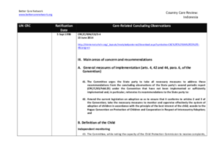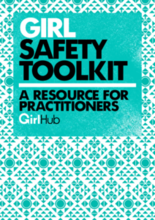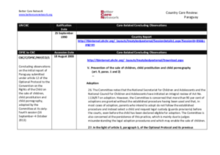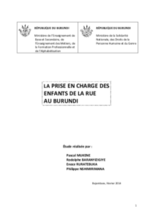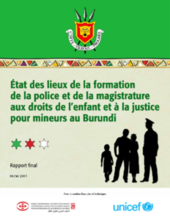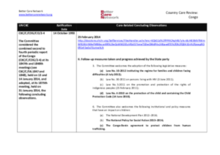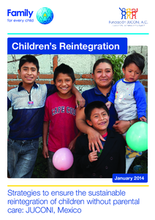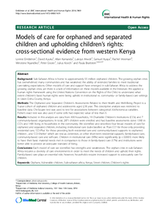Displaying 121 - 130 of 228
This country care review includes the care related Concluding Observations adopted by the Committee on the Rights of the Child as part of its examination of the third and fourth periodic reports of Indonesia (CRC/C/IND/CO/3-4) during its 65th Session at its 1890th and 1891st meetings held on 5 June 2014, and adopted, at its 1901st meeting, held on 13 June 2014.
This tooklit provides a comprehensive guide to designing safe programmes specifically for adolescent girls.
In March 2013, a fire erupted in the Dakar neighborhood of Medina and a Quranic boarding school, housed in a makeshift shack caught on fire.
This country care review includes the care related Concluding Observations adopted by the Committee on the Rights of Persons with Disabilities as part of its examination of Paraguay's initial report adopted by the Committee at its ninth session, as well as other care-related concluding observations, ratification dates, and links to the Universal Periodic Review and Hague Intercountry Adoption Country Profile.
The aim of this literature review was to critique the state of the research on the effects of implementing parenting programmes in shelters for homeless families. A comprehensive search of multiple databases yielded 12 studies for inclusion.
Ce rapport documente la situation des enfants des rues au Burundi, y compris les facteurs qui les poussent dans les rues, et analyse les initiatives nationales cadres et gouvernementales législatives en place pour soutenir leurs soins et de protec
Ce rapport documente une initiative visant à assurer la sécurité et la justice au Burundi acteurs de la protection des enfants et la formation aux droits de l'enfant, dans le cadre d'un projet régional plus large.
This country care review includes the care related Concluding Observations adopted by the Committee on the Rights of the Child as part of its examination of the combined second to fourth periodic report of the Congo under Convention on the Rights of the Child at its sixty-fifth Session (13 Jan 2014 - 31 Jan 2014).
This paper reports on the Mexican arm of Family for Every Child’s three-country study on strategies to ensure the sustainable reintegration of children without parental care.
The authors of this article applied a human rights framework using the United Nations Convention on the Rights of the Child to understand what extent children’s basic human rights were being upheld in institutional vs. community- or family-based care settings in Uasin Gishu County, Kenya.

